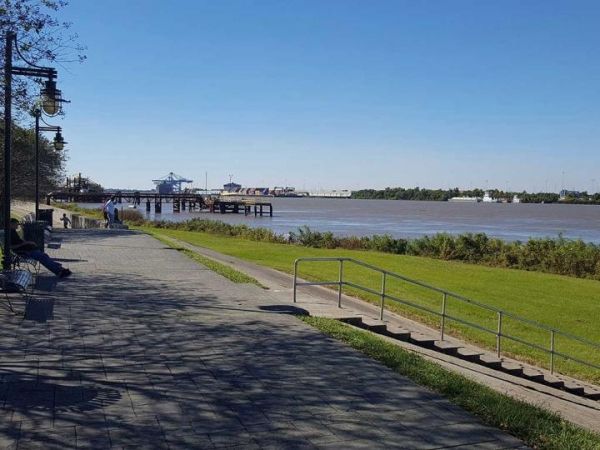A new study co-authored by a Tulane University geoscientist shows that human efforts to tame the Mississippi River may have had an unintended positive effect: more rapid transport of carbon to the ocean.
The paper, published in AGU Advances, describes the work of a team of researchers who set out to learn more about the fate of organic carbon that is transported in large quantities by the Mississippi River. Organic carbon is mainly derived from plant remains, soils and rocks throughout the drainage basin of the Mississippi River that covers about 40% of the United States.
“We estimate that over the past century, the amount of organic carbon lost to the atmosphere during Mississippi River transport to the Gulf of Mexico has been reduced by at least 2.5 billion pounds (over one million metric tonnes) per year,” said co-author Torbjörn Törnqvist, Vokes Geology Professor in the Tulane Department of Earth and Environmental Sciences.
Read more at: Tulane University
A new study shows how engineering of the Mississippi River has actually reduced carbon in atmosphere. (Photo Credit: Torbjörn Törnqvist)


